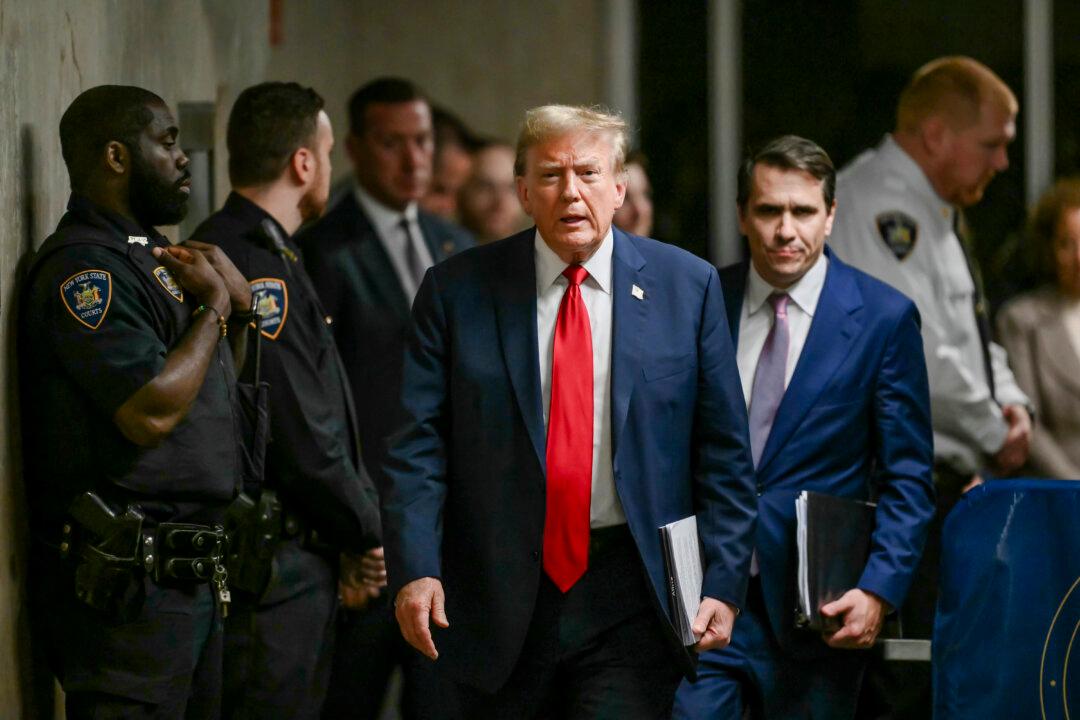The historic trial of former President Donald Trump is winding down to its conclusion as prosecutors have called all of their witnesses and defense attorneys have said their rebuttal testimonies will be brief.
New York Supreme Court Justice Juan Merchan has instructed the parties to prepare for summations to begin as early as May 21.






